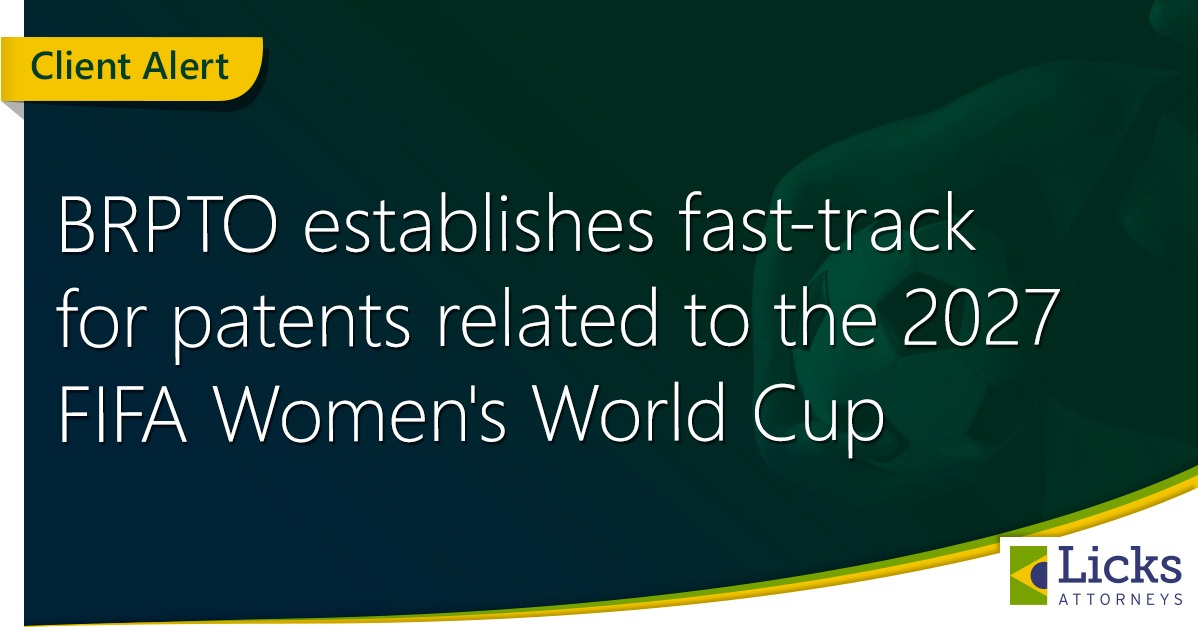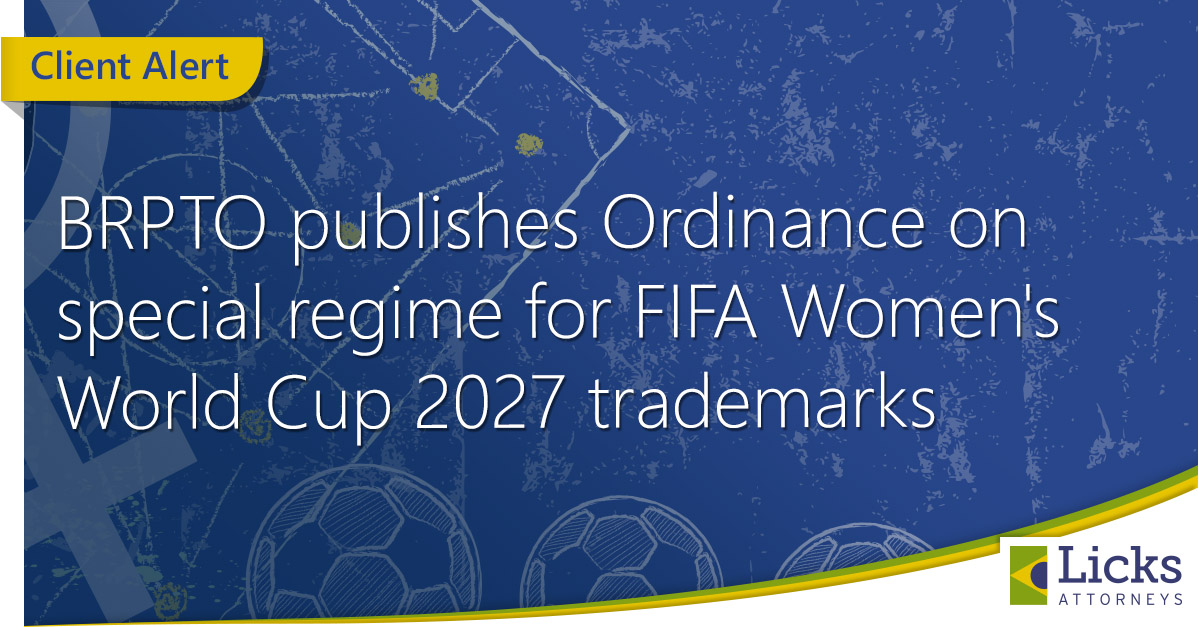The Nagoya Protocol and its expected ratification by Brazil

The Nagoya Protocol (“Protocol”) is a multilateral agreement ancillary to the Convention on Biological Diversity (“CBD” or “Convention”) and aims at implementing the latter’s objective related to the sharing of benefits arising from the utilization of genetic resources and the traditional knowledge associated with them in a fair and equitable way. It entered in force on October 12, 2014 and currently has 124 countries as parties.
The agreement takes into consideration the principle established by the CBD that countries have sovereign rights over the genetic resources within their territory and may demand compliance with requirements and sharing of the benefits arising from their use by individuals, companies or government entities in the other parties to the protocol.
The provider country has the right to establish (or not) specific requirements for access to their genetic resources and/or the traditional knowledge associated with them, in the exercise of its sovereignty. The other parties to the protocol shall take measures to comply with what has been set by the provider country. Accordingly, the parties to the protocol, being them a provider or user country, must ensure that access to these genetic resources and associated traditional knowledge, as well as the sharing of the benefits arising from their use, are in accordance with the respective countries’ legislation.
The impacts on national industry arising from the ratification of the Protocol are mostly related to the general duty to know and comply with the obligations established by the country providing a foreign genetic resource or associated traditional knowledge.
This same general duty, on the other hand, must be applied on the foreign industry when they access the genetic resources of the Brazilian biodiversity or the traditional knowledge associated with them for the development and manufacture of products. As a result, the Protocol has the potential to eliminate any regulatory asymmetries that exist between national and international industries.
As a “mega biodiverse” country, since the CBD, Brazil has been taking a leadership role in several discussions related to access and benefit sharing of genetic resources, and this delay in agreement to the Nagoya Protocol might have been caused by an internal dissent regarding the positive or negative impacts of the treaty on the country’s economy. Despite its huge biodiversity, the country uses foreign genetic resources heavily, for instance, in agriculture and livestock.
Despite such controversy, motivated by a general need to generate international goodwill toward the country in environmental matters, both agricultural and environmental caucuses agreed that Brazilian accession to the Nagoya Protocol would be important so as to have a voting seat in the on going discussions related to the implementation of the agreement.
Matters under debate among the 124 parties are, for example, the Protocol’s scope (whether it will be applicable only to the species that entered into the countries after its ratification or if new uses of species already in the countries would be encompassed), definition of checkpoints and information to be provided (for instance, if the patent offices would be one of the authorities), how to handle genetic resources of biomes in transborder areas and digital sequence information.
It is important to note that the Brazilian law on access to the biodiversity, Law #13123, establishes that the sharing of benefits provided for in the Nagoya Protocol should not apply to the use of species introduced into the country by human action in agriculture and livestock related activities. The country has sought to limit the Protocol’s scope in its national legislation seeking to mitigate its impacts on this area.
In Brazil, the ratification and internalization process of the Protocol had been underway since 2012, when the country signed it and submitted to the National Congress through the presidential message (MSC)# 245. Now, the expectations of ratification open the door to the country’s active participation in the decisions that will govern the Nagoya Protocol, including its scope.
For more information on this matter, e-mail us at info@lickslegal.com.



